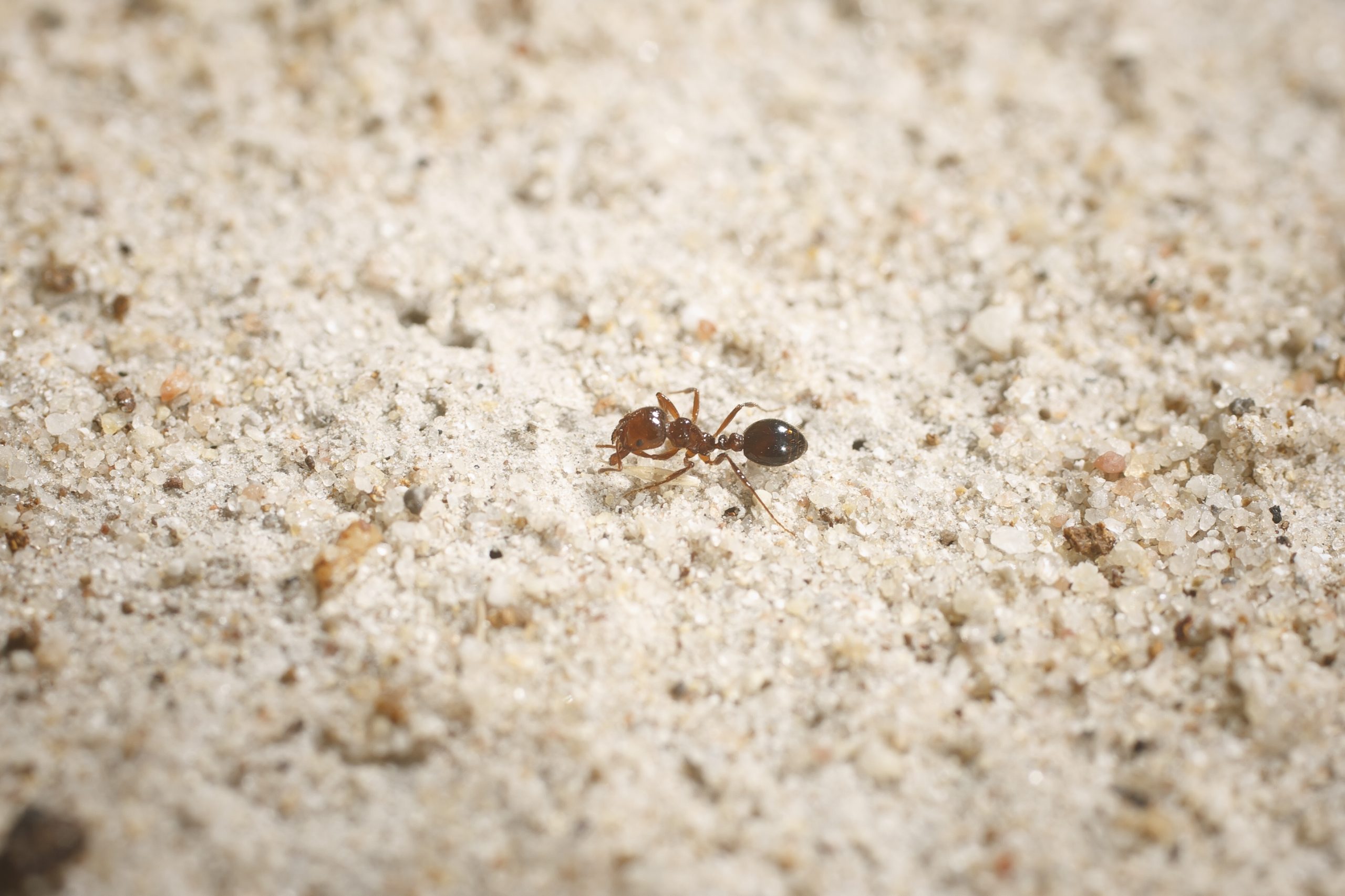Fire ants were first discovered at a Brisbane Port in 2001 and have since spread to the Gold Coast and in northern New South Wales.
Native to South America, Red Imported Fire Ants (RIFA) — one of the world’s most invasive ant species — have the potential to inflict significant harm on the environment and economy.
“As RIFA threaten to spread beyond southeast Queensland, eradicating them should be one of the most pressing economic and environmental policy issues in Australia today,” says the report.
The findings juxtapose a 2021 report by researchers Megan Star and John Rolfe, commissioned by the Biosecurity Queensland Department of Agriculture and Fisheries, which downplayed the urgency of eradicating fire ants.
The results gave the impression that “there is not a strong case for eradication” which was “deeply flawed” according to the Australia Institute report.
The report outlines the flaw is rooted in the limiting 15-year time frame set to eradicate fire ants, when previous fire ant eradication plans is performed over 20 to 30 years.
“By limiting their analysis to 15 years, Star and Rolfe significantly underestimate the ultimate costs of RIFA and the corresponding benefits of their eradication. This is why most of their net present values (NPV) are so small, and why one is even negative,” the research director of the Australia Institute, Rod Campbell, said.
“If you just extend their analysis for another five years you start capturing some of those benefits or avoided costs, then suddenly the economic case for investing in fire ant eradication goes from kind of marginal to absolutely compelling.”
The Australia Institute report concludes that if no action is done, the cost of stopping fire ants in the next decades will cost Australians a hefty price that could have been avoidable.
On Thursday, April 18, a senate inquiry made 10 recommendations to contain and eradicate the fire ants, including more transparency from authorities and a review of current funding.
“With more coordination, more cooperation, better oversight, I’m confident that maybe finally we can eradicate fire ants from Australia,” Senator Canavan said.
The inquiry also recommended a public awareness campaign be carried out to inform people of the dangers of fire ants in affected areas.






